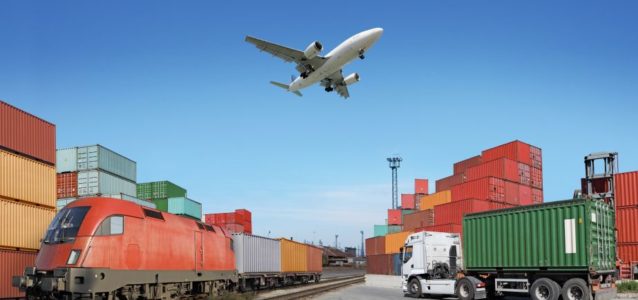You will end up choosing the freight option based on what you are looking to ship or transport. Your mode of transportation should be considered to ensure that the supply chain process flows smoothly. When choosing the right type of freight for your product shipments, you should consider various factors. The decision making process of choosing the right type of freight would factor in costs, urgency, value of goods being shipped, as well as the size and weight of the goods.
You basic option for shipping include the likes of using sea freight or air freight especially if its an overseas freight, whereas you can rely on road and rail freight if it is a national shipment. In terms of sea freight, you get the likes of boxes, chests and pallets, that is via Less than Container Load freight, and containers for Full Container Loads, obviously.
It should be noted that sea freight makes up for 90% of global trade, often most than not due to the sheer volume of size of the cargo, whereby the right type of freight should definitely be sea freight as it would be impractical to choose another. Sea freight is the less expensive type of freight however with it comes longer transit periods. When opting to move bulk commodities such as agricultural products, coal, iron or wet products such as crude oil or petroleum, and others of high weight/volume such as metals, minerals, steel, coils etc, sea freight is the right type of freight.
Air freight is often referred to as the type of freight for critical items serving markets, supply chains and consumers that demand faster delivery. Some also credit the Steve Jobs on revolutionizing air freight into an innovative strategy for use of holiday air freight space to ensure delivery of his products for the seasons. The same can be said about Just In time inventory stocks whereby orders are placed based on demand, as and when required only in efforts to reduce warehousing/storage costs, and provide greater flexibility when markets especially in an uncertain market. Air freight is also the type of freight used for perishable items, such as food, flowers and also some pharmaceutical items. There is also a benefit to air freight due to lesser cargo handling on top of the short transit, but the cost factor is quite hefty compared to that of sea freight. Not to mention, there are many limitations due to sizing and volume too.
Whilst sea freight does have an environmental impact, when comparing it with the likes of air freight, the latter has emits more polluting gases with a lesser space capacity in comparison. Sea freight services are also attempting to adapt to greener transportation means with changing technology
Choosing the right type of freight for your product shipments should be done with these factors brought into mind, to ensure that the cost and urgency equates the need.
Get a quote from Transco Cargo to find out what your product shipment will cost.

